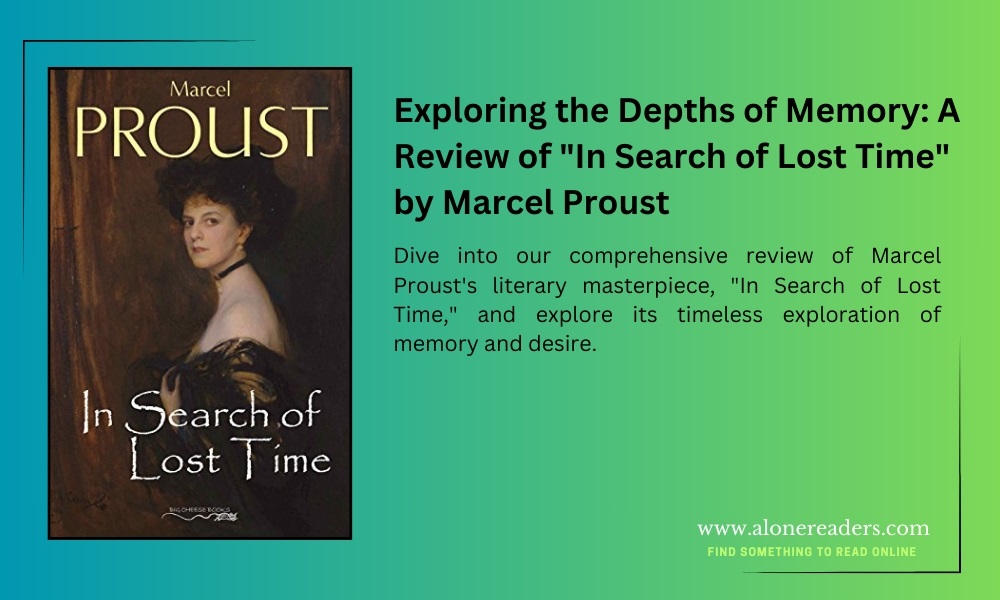
"In Search of Lost Time" by Marcel Proust, originally titled "À la recherche du temps perdu," is a monumental piece of modernist literature that stands as one of the most profound and influential works of the twentieth century. Composed of seven parts published between 1913 and 1927, the novel delves deeply into the themes of memory, time, and identity through the life of its narrator and a host of other characters that populate his world.
The narrative begins with the famously lengthy description of the narrator's attempts to fall asleep in "Swann's Way," the first volume of the series. This opening sets the tone for the novel’s exploration of involuntary memory, the phenomenon where mundane experiences evoke recollections of the past. Perhaps the most iconic example of this occurs when the taste of a madeleine dipped in tea brings a flood of memories to the narrator.
Proust's style is both beautiful and complex, weaving intricate sentences that capture the essence of each moment with a richness that few other writers have achieved. His detailed descriptions and insightful analyses of social interactions expose the aristocratic life of France at the turn of the century, focusing not only on the affairs of the wealthy but also on artists and servants, thus presenting a wide tapestry of society.
The depth of character development in "In Search of Lost Time" is unmatched. Characters are not static; they evolve both in the narrator's understanding and in their personal trajectories through the years. The shifting perspectives and feelings between characters such as Charles Swann, Odette de Crécy, and the narrator’s own love interest, Albertine, are portrayed with a realism that speaks to the fluidity of human relationships and the impermanence of social status.
Philosophically, Proust’s work is a meditation on the nature of time itself. He proposes that true time is not linear but rather recaptured by moments of memory that give life its richest meaning. His argument that art is the truest form of capturing and understanding time suggests a meta-textual interpretation of his own work as an attempt to achieve immortality through narrative.
Critically, "In Search of Lost Time" is a challenging read. Its voluminous length and dense paragraphs can seem daunting, and the slow unfolding of its plot may deter modern readers used to faster-paced narratives. However, the rewards for this literary journey are immense. The beauty of Proust's prose and his insight into human nature and society can transform the reader’s understanding of life and art.
The influence of Proust's novel extends beyond literature into the realms of philosophy, psychology, and the arts. His insights into memory and the self have paralleled and anticipated discussions in cognitive psychology and neurology regarding how memories shape our identities.
In conclusion, "In Search of Lost Time" by Marcel Proust is not merely a novel but an experience that challenges the boundaries of fiction and philosophy. It demands a great deal from its readers but offers even more in return. The novel remains as relevant today as it was nearly a century ago, resonating with anyone who has ever pondered the richness of their past experiences, the pain of lost time, or the art of memory itself. Engaging with Proust's work is undoubtedly a formidable task, but it is one that is profoundly rewarding, offering insights not only into a vanished era but into the very essence of human experience.